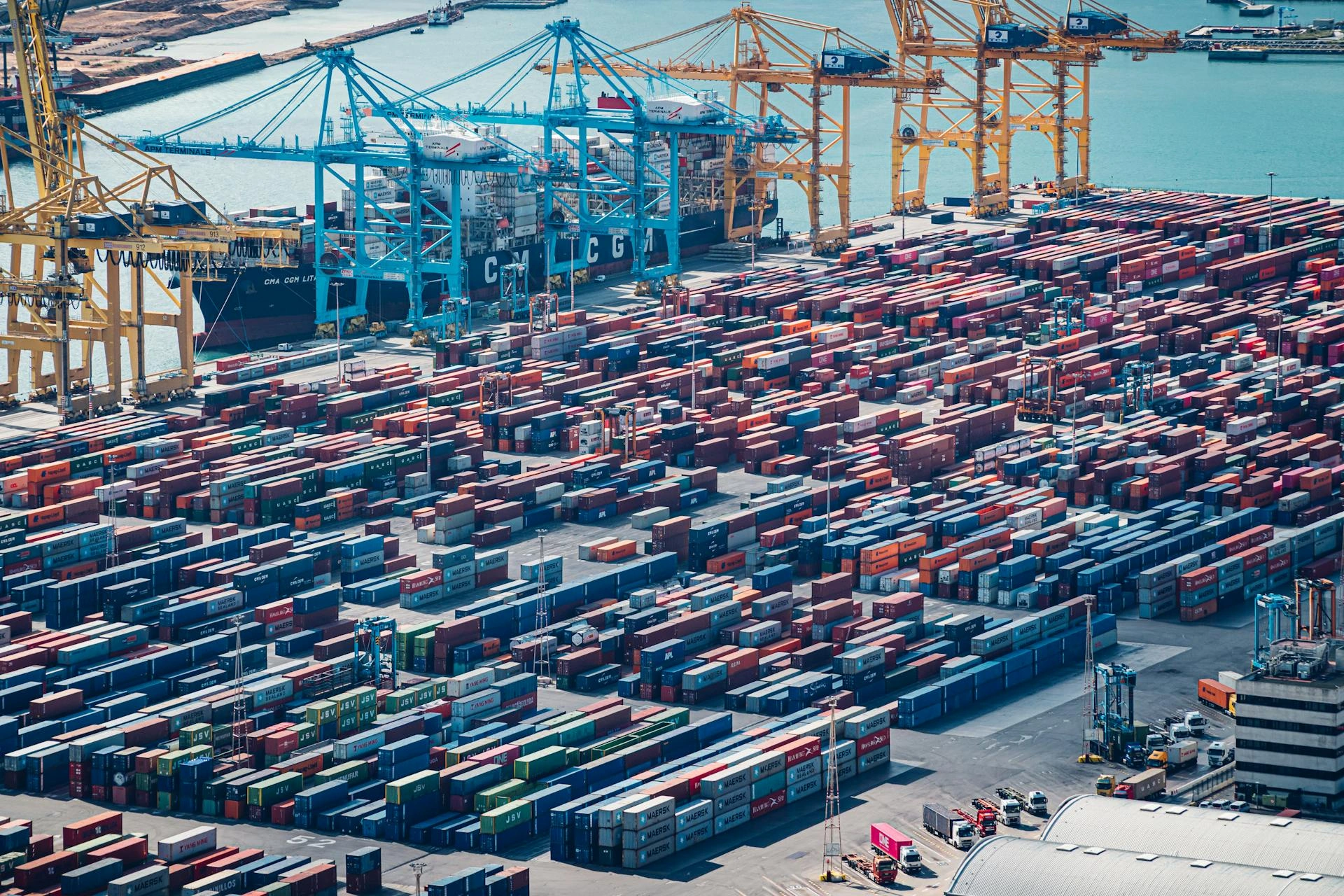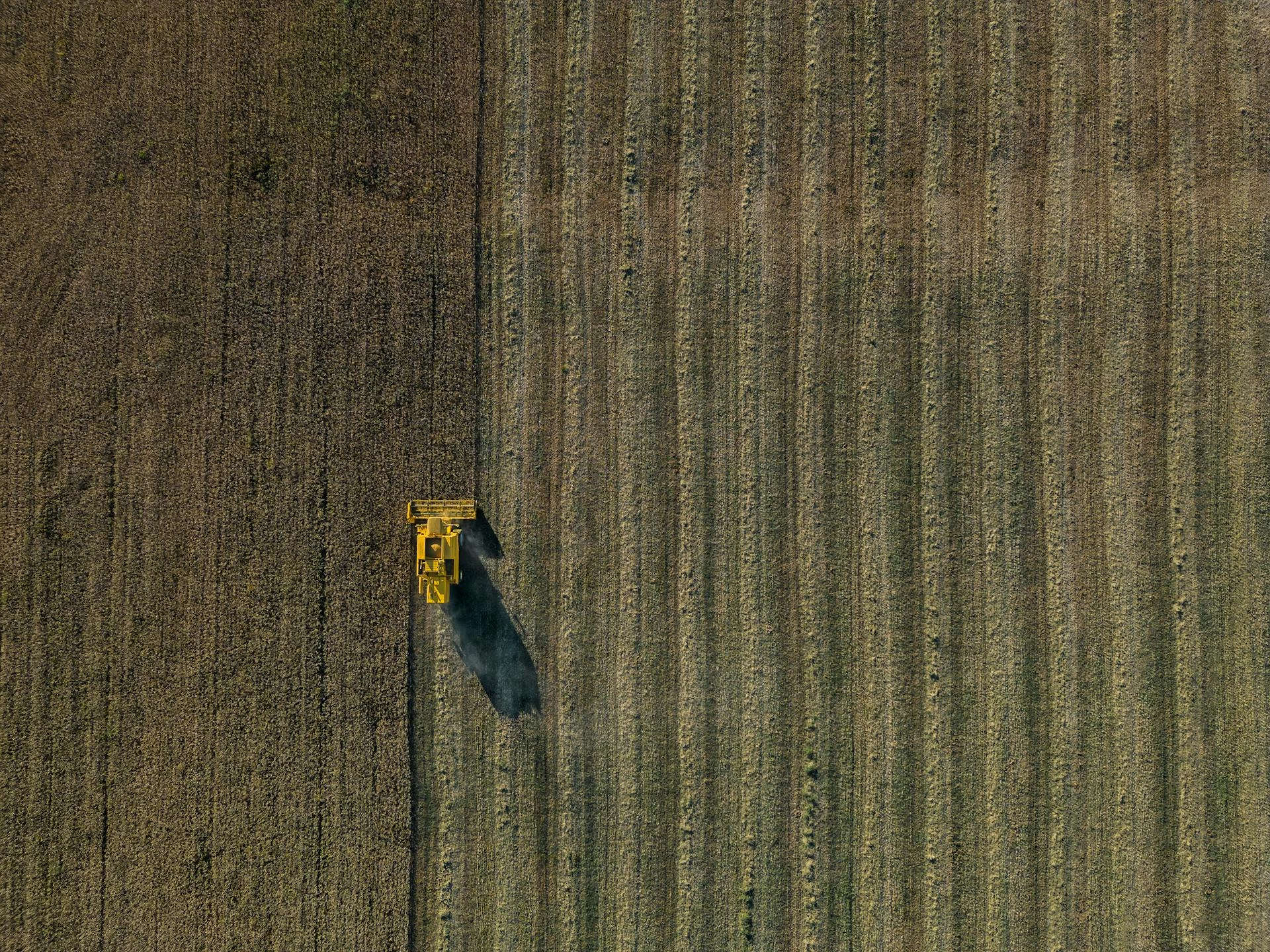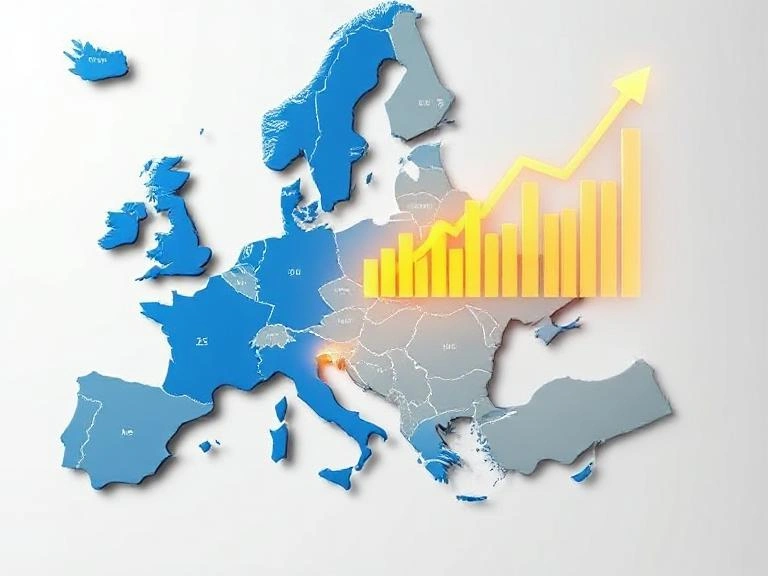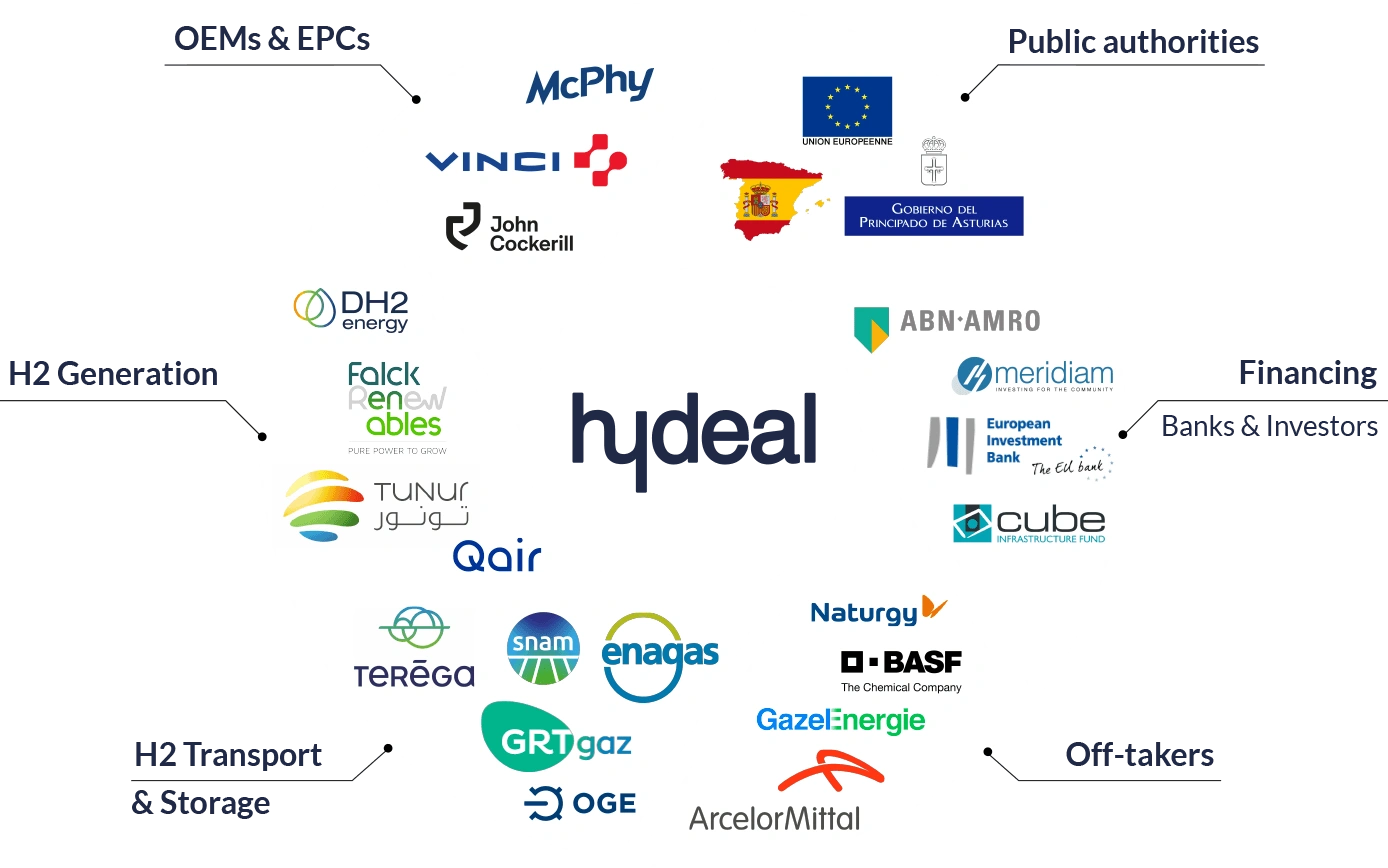Geopolitical volatility enters global top ten business risks for first time, new survey finds

John E. Kaye
- Published
- News
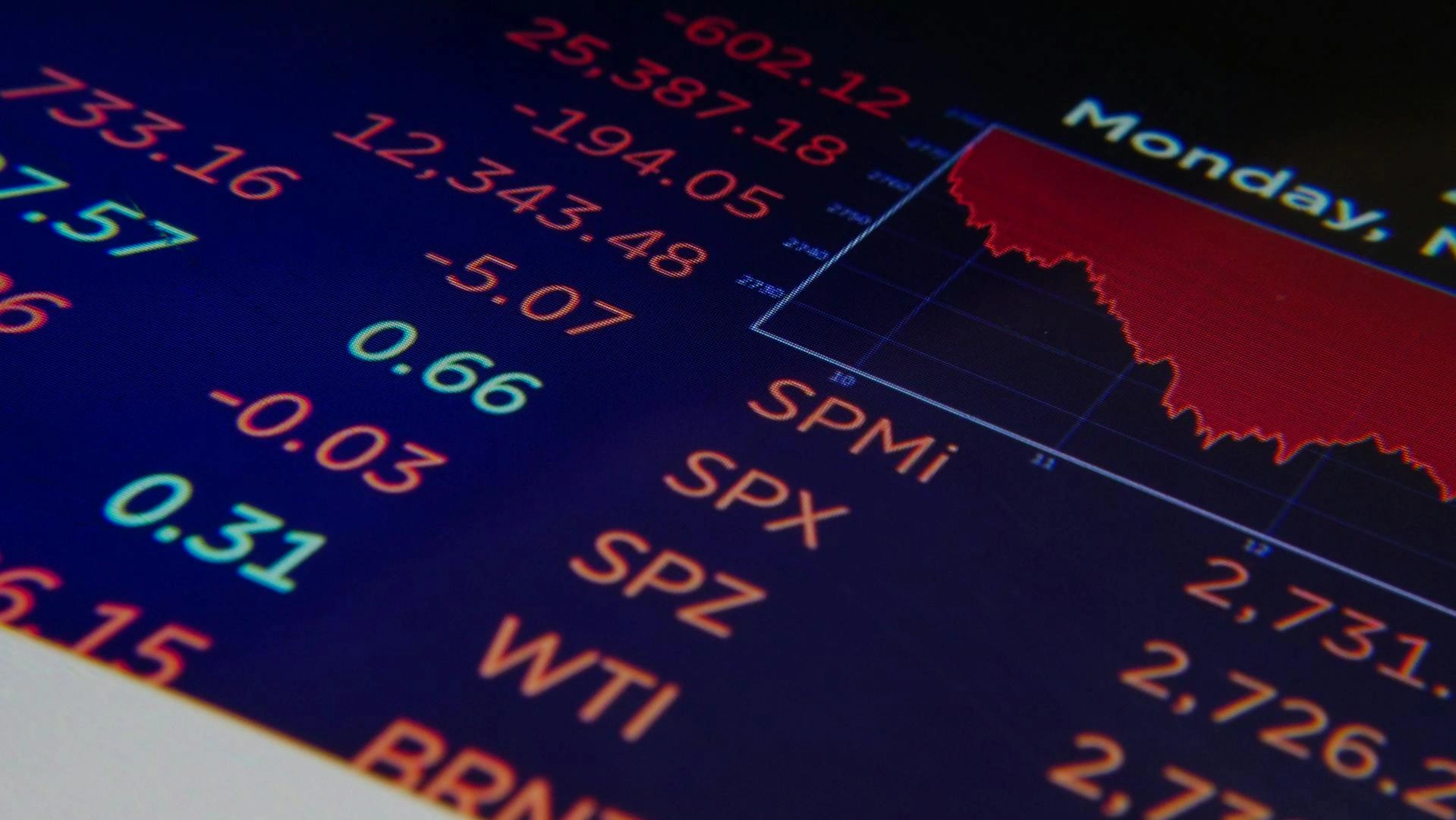
New global data shows how boardrooms are reordering their concerns, with AI and climate climbing the future risk agenda while workforce issues slip down the list
Geopolitical volatility has entered the world’s 10 most pressing business risks for the first time, according to Aon’s latest Global Risk Management Survey.
The biennial study, now in its 19th year, is based on responses from risk managers, executives and C-suite leaders in more than 60 countries.
The report shows geopolitical risk has jumped 12 places since 2023, breaking into the global top tier for the first time in the survey’s history.
Aon said the data reflects the mounting instability surrounding international trade, supply chains and regulatory regimes, with direct consequences for corporate financial performance.
Joe Peiser, CEO of Commercial Risk at Aon, said: “The dramatic rise of trade and geopolitical risk highlights a new reality: volatility and uncertainty are now constants for organisations. From evolving tariffs to shifting alliances, these forces directly impact balance sheets. Building resilience through analytics and scenario planning is essential for navigating this environment.”
The survey polled nearly 3,000 respondents from risk managers, senior executives and board-level leaders in 63 countries.
It asked them to rank the issues most likely to affect their businesses now and in the future, as well as to assess how they manage and monitor their exposure.
Cyber attack or data breach remains the top risk worldwide. Business interruption was ranked second, followed by fears of economic slowdown or slow recovery.
Concerns over regulation and legislation, growing competition and commodity price volatility all featured in the top 10.
Supply chain disruption and reputational damage also scored highly, while cash flow and liquidity concerns completed the list.
Brent Rieth, Aon’s Global Cyber Leader, said: “The scale and complexity of cyber risk today is unlike anything we’ve seen before. Our clients are increasingly using AI both defensively and offensively, to enhance resilience and unlock growth. The key is embedding cyber into board-level strategy, investing in quantification and viewing resilience as a competitive differentiator.”
While cyber threats dominate as before, geopolitical volatility’s rise of 12 places is the steepest recorded in the survey’s 19-year history.
By contrast, workforce-related risks, such as the failure to attract and retain talent, which ranked fourth in 2023, have now slipped out of the top tier altogether.
Lisa Stevens, Chief Administrative Officer for Aon, said: “It’s alarming to see workforce risks slip down the rankings when Human Capital challenges remain deeply connected to every aspect of business resilience. When you look at the top ten risks in this year’s survey – cyber threats, supply chain disruptions, geopolitical volatility – they all have a direct impact on the workforce. Treating these risks as isolated issues creates blind spots for organisations.”
Aon said the findings also showed how unprepared many companies remain in the face of mounting complexity.
Only 14 per cent of respondents track their exposure to the leading risks, and just 19 per cent use analytics to evaluate the value of their insurance programmes.
The gap between awareness and action is particularly stark in cyber: while nearly all respondents cited it as a critical threat, only 13 per cent had quantified their exposure.
The survey also asked participants to identify which risks they expect to be most critical by 2028.
Cybersecurity again topped the list, followed by fears of economic slowdown and intensifying competition.
But for the first time, artificial intelligence and climate change entered the top ten, reflecting the rapid influence of new technologies and environmental pressures on global business.
Climate was ranked ninth on the future list, amid growing concern over extreme weather and catastrophe losses. The survey noted that 2024 was the hottest year on record, with global insured losses from natural disasters exceeding $145 billion.
Richard Waterer, Global Risk Consulting Leader for Aon, said: “What’s striking about this year’s future risk rankings is how quickly new forces like AI and climate move to the forefront. These risks don’t just add complexity; they fundamentally change how organizations need to think about resilience.
“The convergence of technology, geopolitics and environmental pressures means leaders must anticipate how these megatrends interact and build strategies that are flexible enough to adapt to whatever comes next.”
Top 10 Current Global Risks, 2025
1. Cyber attack or data breach
2. Business interruption
3. Economic slowdown or slow recovery
4. Regulatory or legislative changes
5. Increasing competition
6. Commodity price risk or scarcity of materials
7. Supply chain or distribution failure
8. Damage to reputation or brand
9. Geopolitical volatility
10. Cash flow or liquidity risk
Top 10 Future Global Risks, 2028
1. Cyber attack or data breach
2. Economic slowdown or slow recovery
3. Increasing competition
4. Commodity price risk or scarcity of materials
5. Geopolitical volatility
6. Regulatory or legislative changes
7. Business interruption
8. Artificial intelligence
9. Climate change
10. Cash flow or liquidity risk
READ MORE: ‘Cybersecurity talent crunch drives double-digit pay rises as UK firms count cost of breaches’.Research by recruiter Robert Half warns UK businesses are facing soaring salary bills and growing risks as demand for cybersecurity, risk and compliance experts outstrips supply.
Do you have news to share or expertise to contribute? The European welcomes insights from business leaders and sector specialists. Get in touch with our editorial team to find out more.
Main image: Kindel Media/Pexels
Sign up to The European Newsletter
RECENT ARTICLES
-
 Private sector set to overtake government as main driver of corporate sustainability in 2026, report suggests
Private sector set to overtake government as main driver of corporate sustainability in 2026, report suggests -
 Europe emphasises AI governance as North America moves faster towards autonomy, Digitate research shows
Europe emphasises AI governance as North America moves faster towards autonomy, Digitate research shows -
 JPMorgan plans multibillion-pound tower in Canary Wharf
JPMorgan plans multibillion-pound tower in Canary Wharf -
 Strong workplace relationships linked to higher initiative among staff, study finds
Strong workplace relationships linked to higher initiative among staff, study finds -
 Brexit still hitting poorest hardest as food costs rise and mental health worsens
Brexit still hitting poorest hardest as food costs rise and mental health worsens -
 Global crises reshape household food habits, major review finds
Global crises reshape household food habits, major review finds -
 Sir Trevor McDonald honoured at UWI London Benefit Dinner celebrating Caribbean achievement
Sir Trevor McDonald honoured at UWI London Benefit Dinner celebrating Caribbean achievement -
 Adelphi Masterfil acquires Karmelle to bolster UK machinery manufacturing
Adelphi Masterfil acquires Karmelle to bolster UK machinery manufacturing -
 Cost-of-living pressures push London staff to seek practical perks
Cost-of-living pressures push London staff to seek practical perks -
 AI and scent-science firm Arctech expands into agriculture with Rothamsted base
AI and scent-science firm Arctech expands into agriculture with Rothamsted base -
 Malta PM says future growth hinges on stronger higher-education system
Malta PM says future growth hinges on stronger higher-education system -
 Golden visa surge sets the stage for InvestPro Greece 2025
Golden visa surge sets the stage for InvestPro Greece 2025 -
 Germany bucks Europe’s high-growth surge as continent sees strongest expansion in five years
Germany bucks Europe’s high-growth surge as continent sees strongest expansion in five years -
 Women turning to entrepreneurship to fight age bias at work, study shows
Women turning to entrepreneurship to fight age bias at work, study shows -
 Lithuania launches ‘Investment Highway’ to cut major project approval times from three years to three months
Lithuania launches ‘Investment Highway’ to cut major project approval times from three years to three months -
 Islamic Development Bank and London Stock Exchange Group launch study on ‘development traps’ facing emerging economies
Islamic Development Bank and London Stock Exchange Group launch study on ‘development traps’ facing emerging economies -
 Europe’s HyDeal eyes Africa for low-cost hydrogen link to Europe
Europe’s HyDeal eyes Africa for low-cost hydrogen link to Europe -
 Complex questions still need people, not machines, researchers find
Complex questions still need people, not machines, researchers find -
 Study links CEO political views to recognition of women inventors
Study links CEO political views to recognition of women inventors -
 GrayMatter Robotics opens 100,000-sq-ft AI robotics innovation centre in California
GrayMatter Robotics opens 100,000-sq-ft AI robotics innovation centre in California -
 UAE breaks ground on world’s first 24-hour renewable power plant
UAE breaks ground on world’s first 24-hour renewable power plant -
 WomenIN Festival 2025 unveils expanded programme in partnership with FNB
WomenIN Festival 2025 unveils expanded programme in partnership with FNB -
 ITFC extends $30m financing to Uzbekistan’s Hamkorbank
ITFC extends $30m financing to Uzbekistan’s Hamkorbank -
 New £2.5 million Rolls-Royce Phantom marks model’s centenary
New £2.5 million Rolls-Royce Phantom marks model’s centenary -
 UK faces surge in major cyber attacks, NCSC warns
UK faces surge in major cyber attacks, NCSC warns






